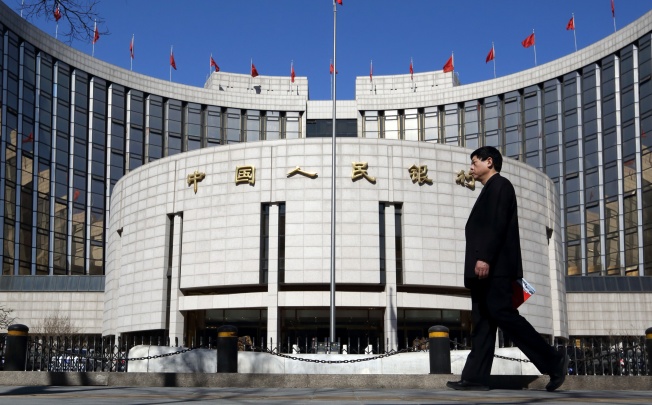The People’s Bank of China (PBC), the Chinese central bank, said the cryptocurrencies were among its top priorities this year when it comes to protecting the yuan.
During a conference that took place yesterday, the Vice Governor of the PBC, Fan Yifei, said the financial regulatory institution had three priorities on the agenda when it comes to the monetary development. The goal of the agenda is to reinforce the internal and external regulatory measures in order to rectify different types of cryptocurrencies.
The official statement from the People’s Bank of China does not specify what this rectification means. It could mean there would be changes in the already established policies for the control of the trading of cryptocurrencies.
Nevertheless, Fan Yifei only made it clear that these regulatory modifications for the cryptocurrencies were supposed to facilitate the construction of an anti forging mechanism called “Five-in-One”. This means these measures are only a part of a broader effort to control projects that could affect the financial system of China.
This statement comes a few weeks after the statements given by the ex-governor Zhou Xiaochuan, who said the government did not like the speculative products that made the people think they could get rich quickly. From March 19th, the new Governor of the People’s Bank of China is Yi Gang and we will see how he will deal with the cryptocurrencies during his mandate.
It seems that Yi Gang has a different vision of Bitcoin that his predecessor. Back in 2013, he gave some positive comments about the potential of the world’s most popular cryptocurrency. Despite saying that Bitcoin could not be accepted legally by the People’s Bank of China in the near future, he also said the ordinary people had the liberty to participate in the cryptocurrency market.
This stance is contrary to the strict regulations imposed to the initial coin offerings (ICOs) and the cryptocurrency exchanges in the country last year. These measures allow the authorities to monitor all the transactions executed in the country and also to investigate the international operations with cryptocurrencies conducted by Chinese citizens.




